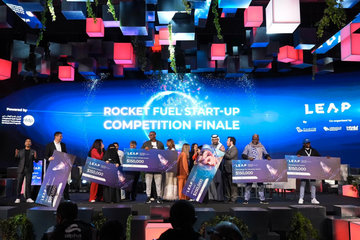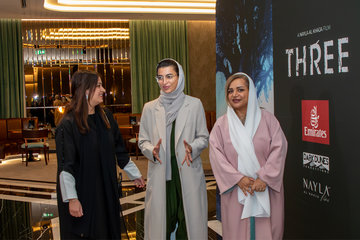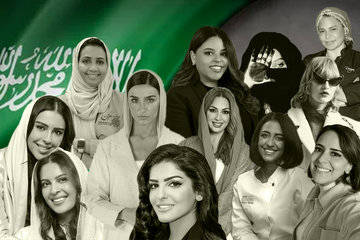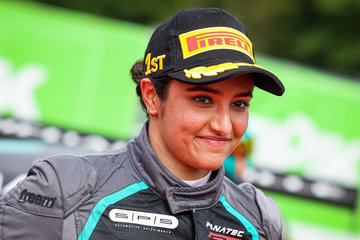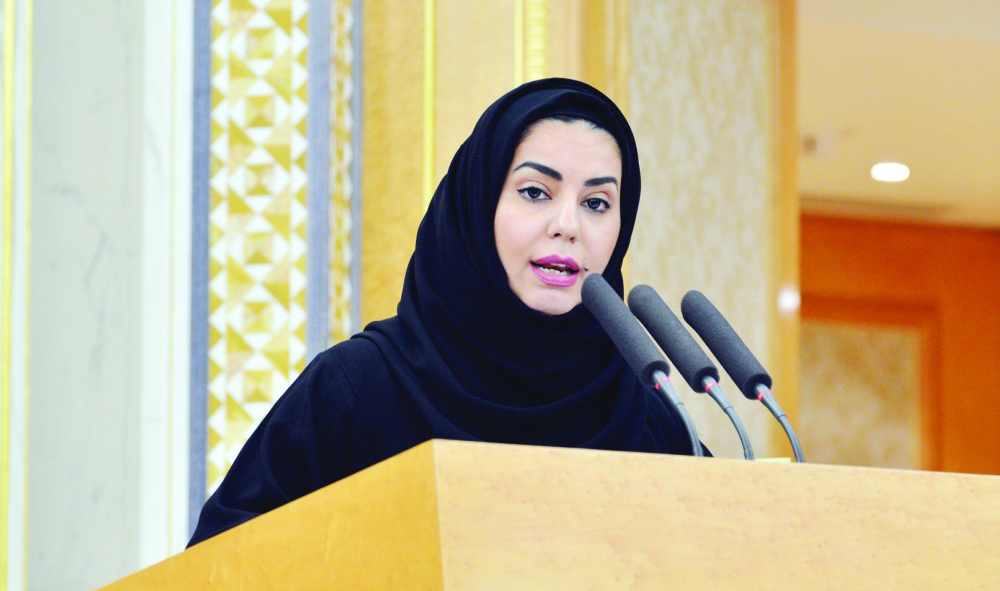
Dr. Mody al Khalaf, Saudi Shura council member
The last two years have been a period of transformation for Saudi Arabia as more and more women are becoming active participants in the development of its economy and changing face of its society. Today, through various efforts being made across the board to have a more diverse working population, some 600,000 Saudi women are reported to have joined the workforce, a significant change that symbolizes the direction the Kingdom has taken.
In a recent lecture held as part of the “Empowerment of Saudi Women in Light of the Kingdom’s Vision 2030” conference at King Abdulaziz University, Nawal Abdullah Al-Thabian, assistant director general of the Mecca branch of the Ministry of Labor and Social Development, revealed the impressive figure to the audience, as reported by Saudi Gazette.
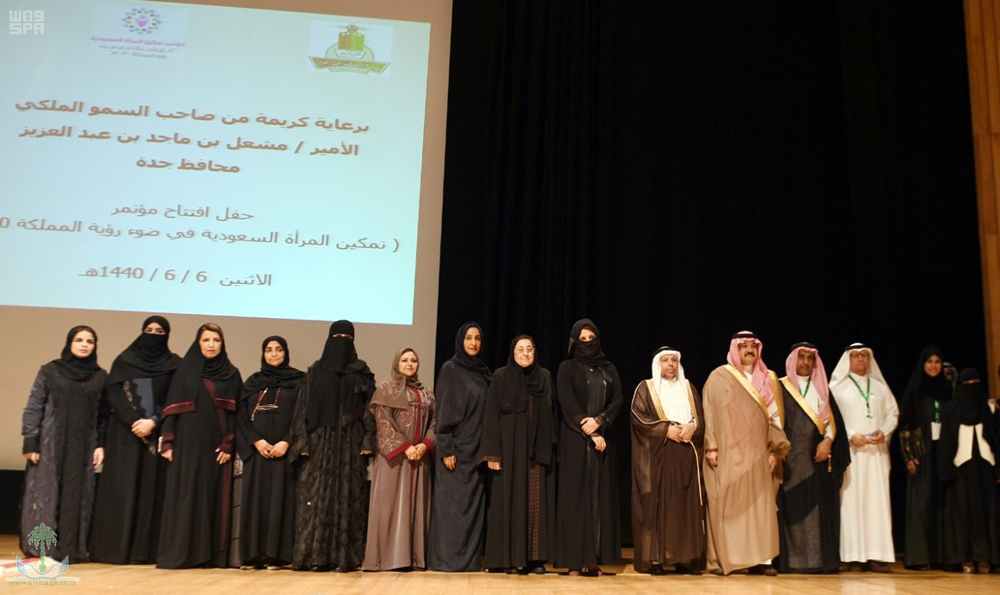
Empowerment of Saudi Women in Light of the Kingdom’s Vision 2030 conference
She also pointed out at the two-day conference, which was inaugurated by Prince Mishal Bin Majed, governor of Jeddah, that Saudi Arabia’s growing female workforce “is not only productive but also creative despite the many obstacles and challenges that they experience.”
Al-Thabian credited the Ministry for introducing a number of key programs that were designed to empower women, particularly as the Kingdom implements its Saudization strategy in sectors such as retail and transportation, prioritizing job openings for qualified citizens, particularly women. In addition, the Ministry is also looking into providing daycare facilities for working mothers through the QARA scheme, covering the cost for up to four children.

As part of the lecture, Undersecretary of the Ministry of Education Dr. Haya Al-Awad also highlighted to the audience the various initiatives that have been launched by educational institutions across Saudi Arabia aimed at empowering women. She pointed out that her Ministry has established vocational education for women, as well as a number of centers over the years aimed at enhancing “the academic experience of women in English, science, mathematics, and engineering support for specialized fields.”

